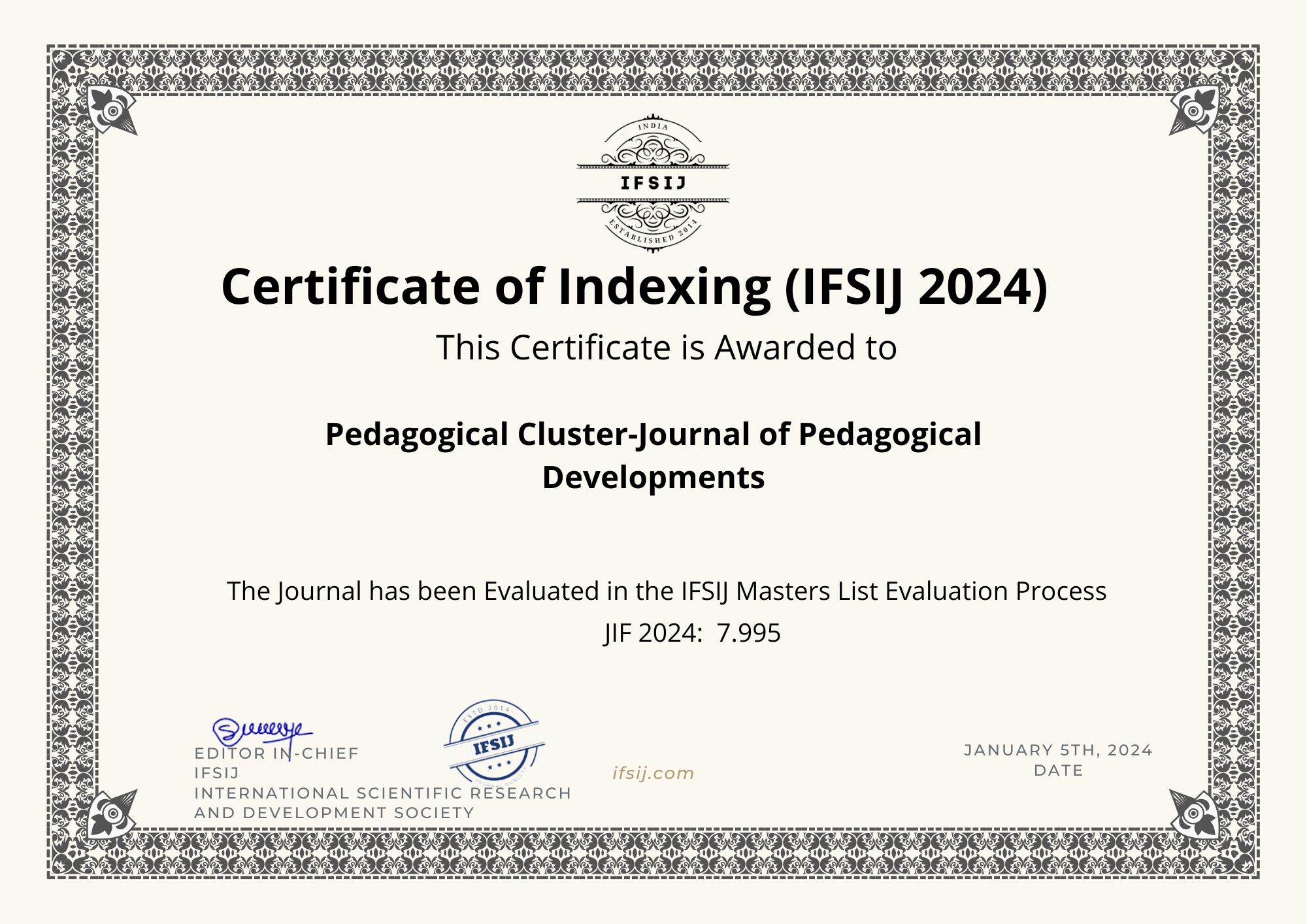Emergence Factors Of Dysphemic And Euphemical Dictionaries In Tajik And Uzbek Languages
Keywords:
euphemism, dysphemism, taboo, PolynesiaAbstract
The article is devoted to the study of euphemisms and dysphemisms in the Uzbek and Tajik languages. In this article, euphemism is compared with another linguistic-cultural sign - dysphemism. Dysphemization is the pragmatic meaning of language units, which is the opposite of euphmization. The reason for this is that the phenomenon of dysfemization is sometimes associated with social and sometimes with individual stereotypes. Dysphemization also causes the differentiation of lexemes in speech. This, in turn, ensures the enrichment of the range of contextual semantics. The text, related environment and speech situation are means of reinforcing the social factors that determine the place of temporary members in the line of meaning. The article examines the problem of the use of social dysphemisms in modern Uzbek and Tajik languages
Downloads
Downloads
Published
Issue
Section
License

This work is licensed under a Creative Commons Attribution-NonCommercial 4.0 International License.







